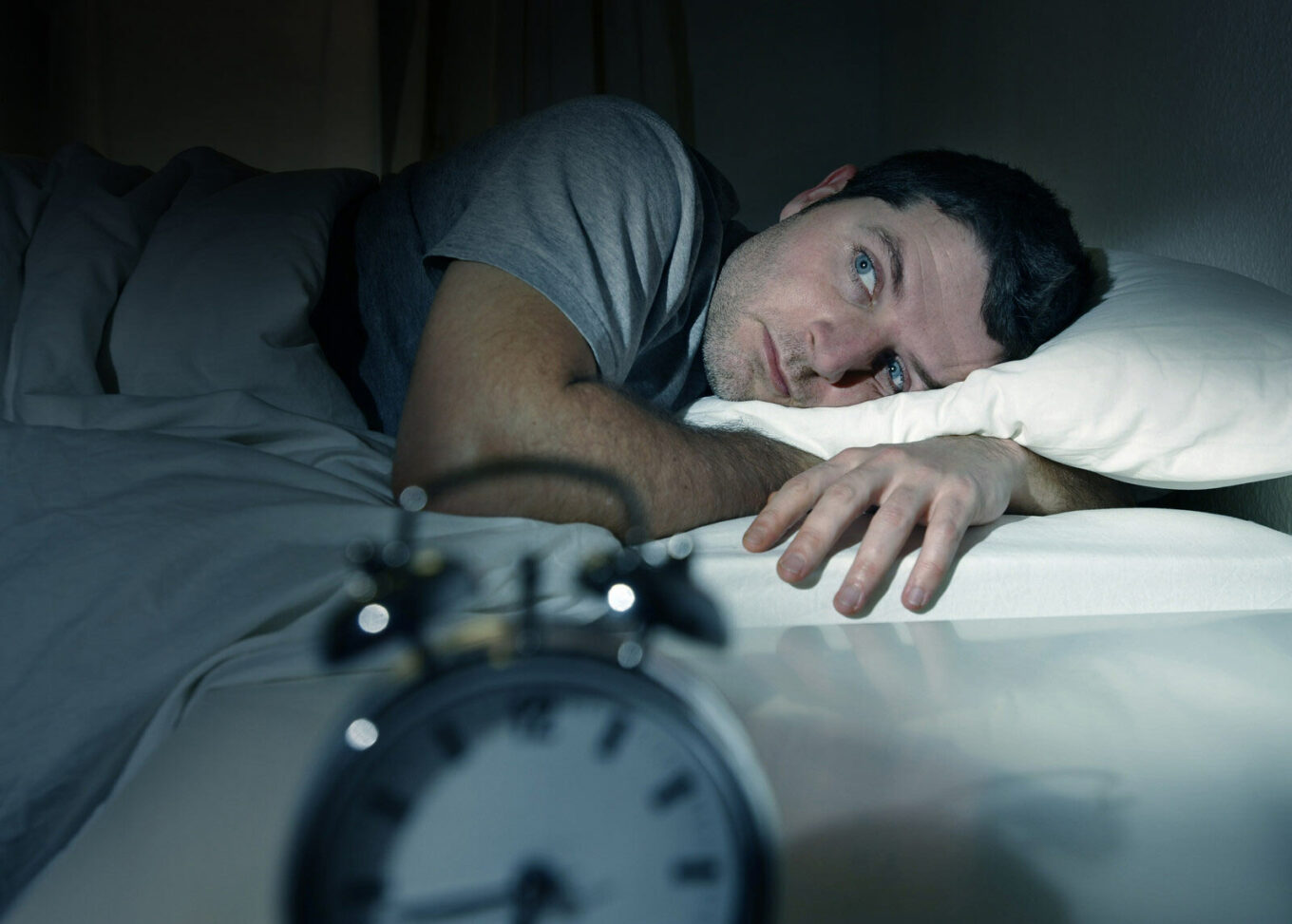However, you don’t have to suffer with poor sleep for the rest of your life. The following are some top sleep tips that will help you fall asleep faster, sleep for longer, and have a more restful night overall.
Tip #1: Create a sleep schedule
It’s important that you put yourself on a sleep schedule so that you can start getting a proper amount of sleep every single night. In general, the least amount of sleep recommended for adults is 7 hours, so you should aim for at least 8 hours of sleep per night. A sleep schedule should involve going to bed around the same time every night and getting up at the same time every day.
Tip #2: Watch what you eat and drink before bedtime
It’s okay to have a snack before bedtime, but you don’t want to go to be full or feeling stuffed. This can make it difficult to sleep or even cause you to wake up with indigestion in the middle of the night. On the other hand, going to bed hungry could cause you to wake up with hunger pangs.
In general, have a snack about an hour before bed so that you will feel satiated but not full or stuffed when you finally close your eyes. Make sure to avoid anything with caffeine, nicotine ire alcohol, as these are stimulants.
Tip #3: Create a good sleep environment
Most people do not have a good sleep environment and this makes it harder for them to fall asleep. A good sleep environment is a cool, dark and generally quiet room. You can achieve this by using room darkening curtains or shades, turning on a fan or white noise machine to cover up loud outside sounds, and opening your window a bit before bedtime to let some cool air inside.
You can also create a better sleep environment by not using screens before bedtime; for instance, don’t lie in bed and use your smart phone, as the exposure to the bright screen will make it hard for your body to wind down and fall asleep.
Tip #4: Don’t take excessive daytime naps
It can be tempting to sleep for as long as you want during an afternoon nap, but this will only make it harder to fall asleep at night. Limit yourself to 1 nap of 30 minutes at most, and avoid taking the nap after about 2 PM. Make sure that you have alarms set before you lay down for a nap so that you don’t oversleep.
Tip #5: Stay active
Being physically active is important for your overall health; it is also important for your sleep schedule. Physical activity during the day wills your body’s energy, making it easier to fall asleep at night; it will also help keep your body on its natural rhythm.
If you still have difficulty sleeping after implementing these tips, consult with a doctor.




